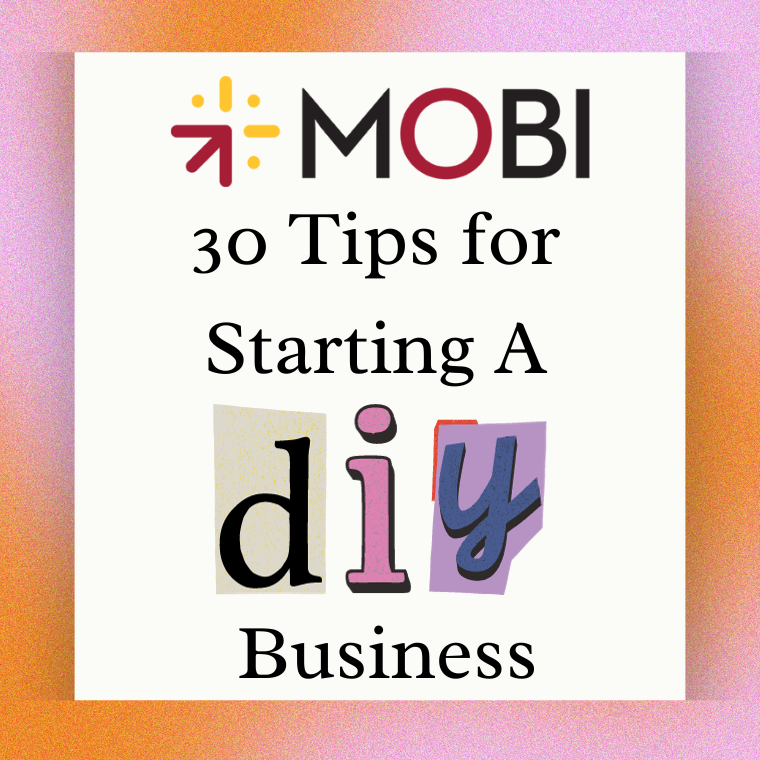Start Your Own DIY Business: 30 Tips in 30 Days

Follow our Instagram page @scu_mobi for more content!
Identifyyour passion or hobby that can be turned into a DIY business.Researchpopular DIY trends andidentifya niche within the market that you can cater to.Experimentwith different DIY projects anddeterminewhich ones have the most potential for a business.Develop a business planthat outlines your target market, products, pricing, and marketing strategies.Determinethe materials and tools you'll need for your DIY projects andestablishreliable suppliers.Createa unique brand identity for your DIY business that sets you apart from competitors.Exploredifferent sales channels, such as ecommerce platforms, local craft fairs, or consignment shops.Utilizesocial media platforms to showcase your DIY creations andengagewith potential customers.Buildan online presence through a website or blog where you can share tutorials and sell your products.Consider offeringDIY workshops or classes to generate additional revenue andengagewith your community.Researchpackaging and shipping options to ensure your products reach customers safely and cost-effectively.Developa pricing strategy that factors in the cost of materials, labor, and a fair profit margin.Experimentwith different marketing techniques, such as influencer collaborations or referral programs.Focuson providing exceptional customer service tobuilda loyal customer base and generate repeat business.Establisha system for inventory management and product tracking to ensure smooth operations.Stay updatedon industry trends andincorporatenew techniques or materials into your DIY projects.Join DIY communitiesandengagewith fellow enthusiasts to learn, share ideas, and gain exposure.Attendcraft shows and trade fairs tonetworkwith other small business owners and showcase your products.Consider offeringcustomization options to cater to individual preferences and increase customer satisfaction.Collaboratewith other local businesses for cross-promotion or joint events toexpandyour reach.Developa strong online presence by creating engaging content, such as tutorials or behind-the-scenes videos.Investin high-quality product photography to showcase your DIY creations in the best light.Offer personalizedpackaging or handwritten notes to add a special touch to your customers' orders.Researchand comply with any legal requirements or permits necessary for your DIY business.Implementa feedback system to gather customer insights and makeimprovementsto your products or services.Continuously innovateand expand your product line to keep customersengagedand attract new ones.Attendworkshops or online courses toenhanceyour DIY skills and stay ahead of the competition.Develop a sustainability planfor your DIY business, such as using eco-friendly materials or packaging.Collaboratewith local artisans or suppliers to source unique materials or components for your DIY projects.Embracethe DIY community by sharing your knowledge and supporting other small business owners in the industry.
Ready to start your own DIY business? Enroll now in MOBI's FREE online Starting a Business course.
Oct 5, 2023